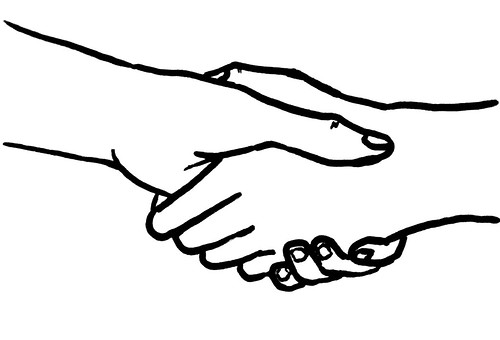Everyone’s up in arms about this story of a librarian asking a 9-year-old boy to “step aside” from a library’s yearly reading contest because he’s won 5 years in a row.
If we can put aside our disgust at a librarian saying this, you can see her challenge. The contest is supposed to be motivation to get her community (children) to engage (read)…but with no chance of winning, they will quickly get demotivated. Little overachieving Tyler could ruin this whole thing!

It’s a challenge community managers run into fairly often: one of your members gets so enthusiastic that they drown out the others. The solution is usually not banning the overactive member, however. The trick is giving them a new job.
If someone is enthusiastic about your community it doesn’t make sense to scare them off. Instead, find something they can to do help the community that pulls them out of the way of other members. It makes them feel special and solves your problem.
I’ve been hosting community manager breakfasts for about 3 years, and occasionally we have an attendee who is really knowledgable and really excited to talk. They mean really well. Unfortunately, most of the other attendees are actually nervous to talk…so said overexcited attendee ends up dominating the conversation.
Instead of kicking them out of the group, I will put them on note-taking duty. Or ask them to help me moderate by asking other members questions. They love it, and it puts our conversation back on track.
The aforementioned librarian should be putting Tyler in charge of managing the contest member list, recommending books, or helping judge the contest. Make him a veteran and a hero. He’ll feel special, and the other kids won’t feel so discouraged.
Photo courtesy of Bull City Dogs.

 If you want people to contribute, create a way for them to share how great they are. Seeking donations? Give people a gift that lists your cause on it so they can show everyone that they supported you. Seeking forum activity? Highlight people who contribute; make them feel special. Want people to share blog posts? Include juicy stats that make them look like a brilliant researcher.
If you want people to contribute, create a way for them to share how great they are. Seeking donations? Give people a gift that lists your cause on it so they can show everyone that they supported you. Seeking forum activity? Highlight people who contribute; make them feel special. Want people to share blog posts? Include juicy stats that make them look like a brilliant researcher.
